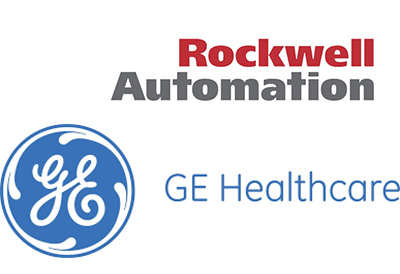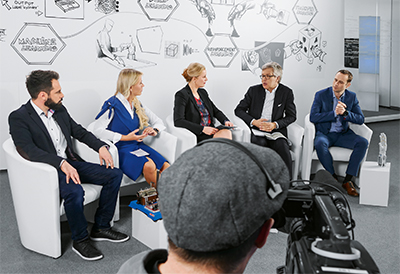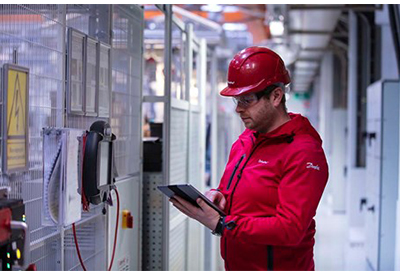GE Healthcare and Rockwell Automation Collaborate to Drive the Next Generation of Bioprocessing Automation

April 3, 2019
GE Healthcare and Rockwell Automation are combining their automation, IT and single-use solution expertise to build bioprocessing operations for the digital age.
The two companies will help biopharmaceutical companies create flexible and scalable facilities of the future, focused on rapid response to market demands, streamlined production technologies and adaptable manufacturing environments.
GE Healthcare has also joined the Rockwell Automation PartnerNetwork Program as an OEM Partner to help drive a best-in-class distributed control system offering.
Kevin Seaver, executive general manager, Bioprocess Automation and Digital, GE Healthcare, said: “As GE Healthcare and the healthcare ecosystem move toward precision health, flexible and scalable solutions are critical for companies to efficiently manufacture smaller batches of tailored medicines. Our collaboration with Rockwell Automation is an integral part of our strategy to confirm we deliver innovative solutions that meet the needs of the biopharma 4.0 era.”
Fran Wlodarczyk, senior vice president, Architecture and Software, Rockwell Automation said: “Our collaboration with GE Healthcare will help make bioprocessing operations more agile. The facility of the future reimagines what’s possible in production of biopharmaceuticals. It uses connectivity, information, and modular equipment to create smaller-scale, more efficient operations. As GE Healthcare becomes a member of our PartnerNetwork program, our joint work will help GE Healthcare bring the Connected Enterprise to life, so they can meet demands for more targeted drugs and get products to market faster.”
GE Healthcare and Rockwell Automation can help companies:
- Gain greater efficiency with FlexFactory single-use equipment integrated with Figurate bioprocess automation that improves reproducibility, repeatability and compliance.
- Digitize batch files and processes to reduce review times by weeks and even achieve real-time reviews.
- Deliver instructions to workers with augmented reality to improve batch execution, operations, equipment setup and training.
Automation improves operational efficiency with reduced production risk and streamlines workflows resulting in faster times to market. This collaboration leverages the combined expertise in single-use bioprocessing with deep automation and IT knowledge to turn data insights into productive outcomes.







